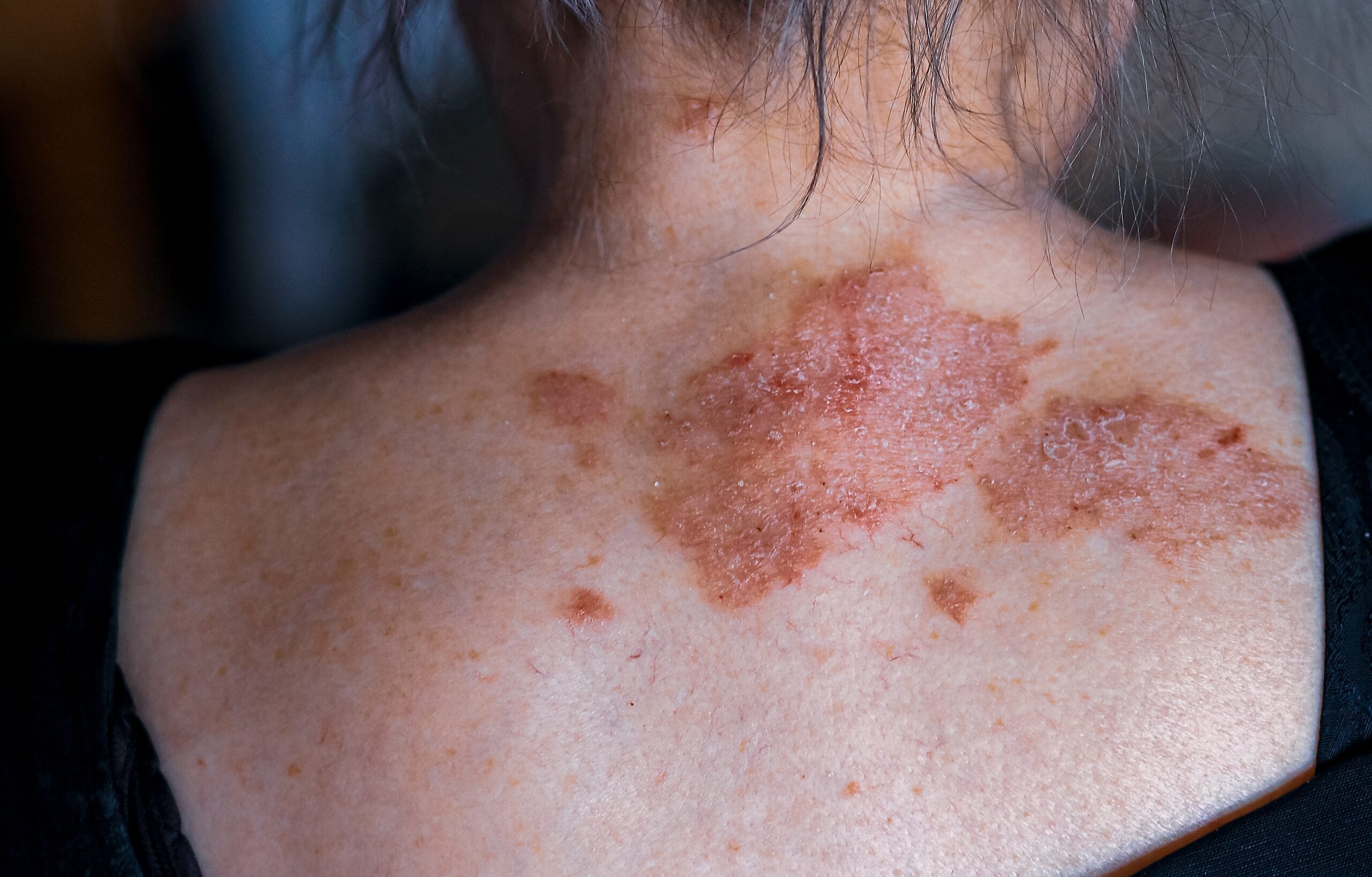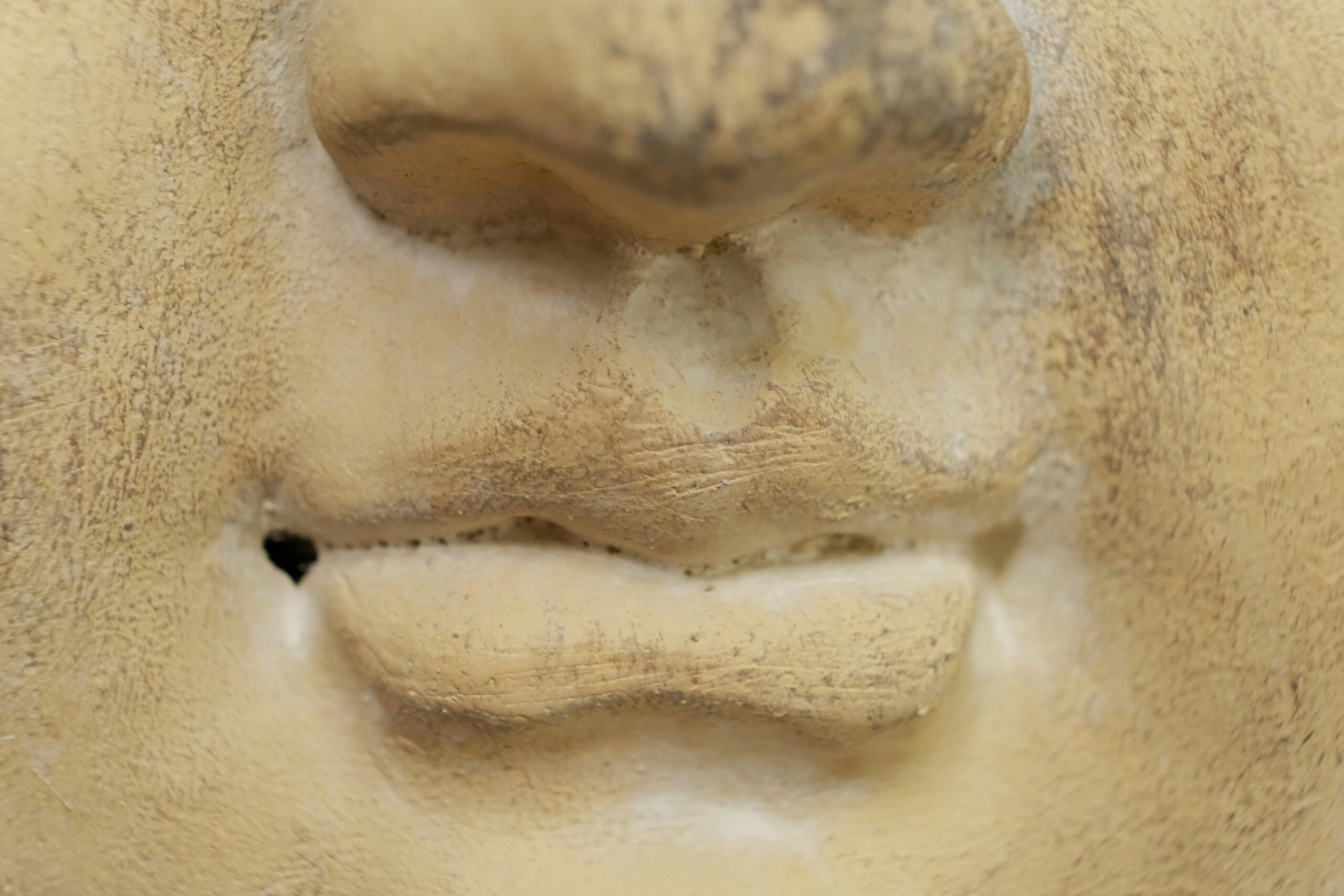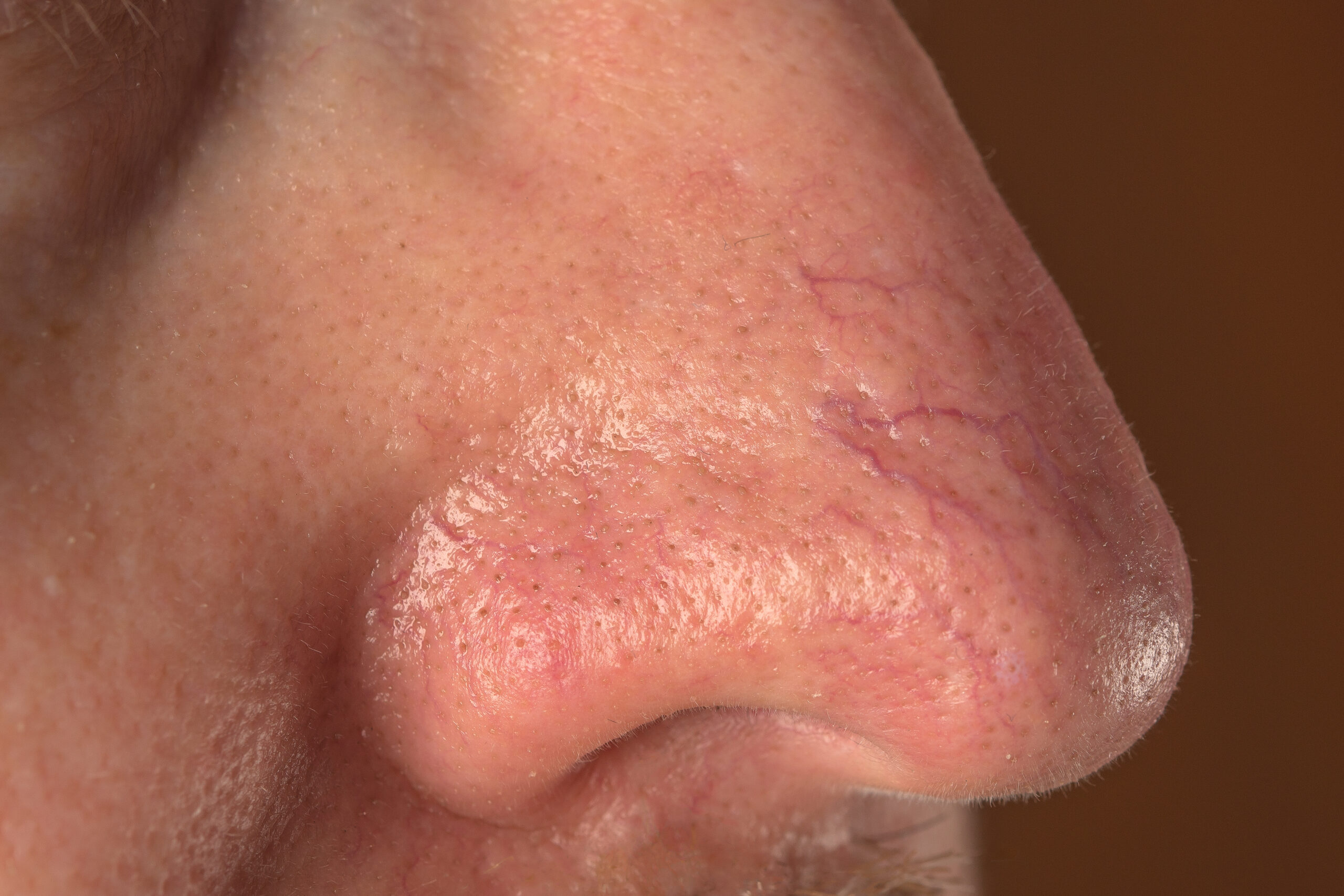Coconut (cocamide) diethanolamide serves as a commonly utilized surface-active agent that plays a crucial role in stabilizing foam in various products such as hand gels, hand-washing liquids, shampoos, and dish-washing liquids. It is derived from coconut oil and functions as a non-ionic surfactant.
Several alternative designations exist for coconut diethanolamide, including Coconut diethanolamine, Coconut oil diethanolamine, Coconut oil acid, Cocamide DEA, Ninol, Witcamide, and Calamide.
A range of products might incorporate coconut diethanolamide, including all-purpose cleaners, barrier creams, bath products, cooling fluids, cosmetics, dishwashing detergents, disinfectants, hand soaps, hand washing liquids, hydraulic mining oil, industrial cleaners, laundry detergents, metalworking fluids, sanitizers, and shampoo.
Occupations that might experience exposure to coconut diethanolamide encompass machine operators, those in food preparation roles, janitors and maids, sheet metal workers, health aids, and individuals working in heating, air, and refrigeration mechanics.
Regarding allergic reactions to coconut diethanolamide, it can occasionally lead to allergic contact dermatitis, especially affecting the hands. Products designed to remain on the skin (such as hand-protection foams) tend to cause sensitization more quickly, within 2-3 months, in contrast to rinse-off products (like hand-washing liquids), which may take 5-7 years.
To determine if you are allergic to coconut diethanolamide, a positive patch test to the substance is indicative of a contact allergy.
For those diagnosed with an allergy to coconut diethanolamide, avoiding products containing this ingredient is advised. Carefully reading product labels is crucial, and it may require 2-3 weeks of avoiding exposure before an improvement in dermatitis is noticeable.
The conventional approach to treating contact dermatitis caused by coconut diethanolamide involves the use of topical corticosteroids and emollients.



